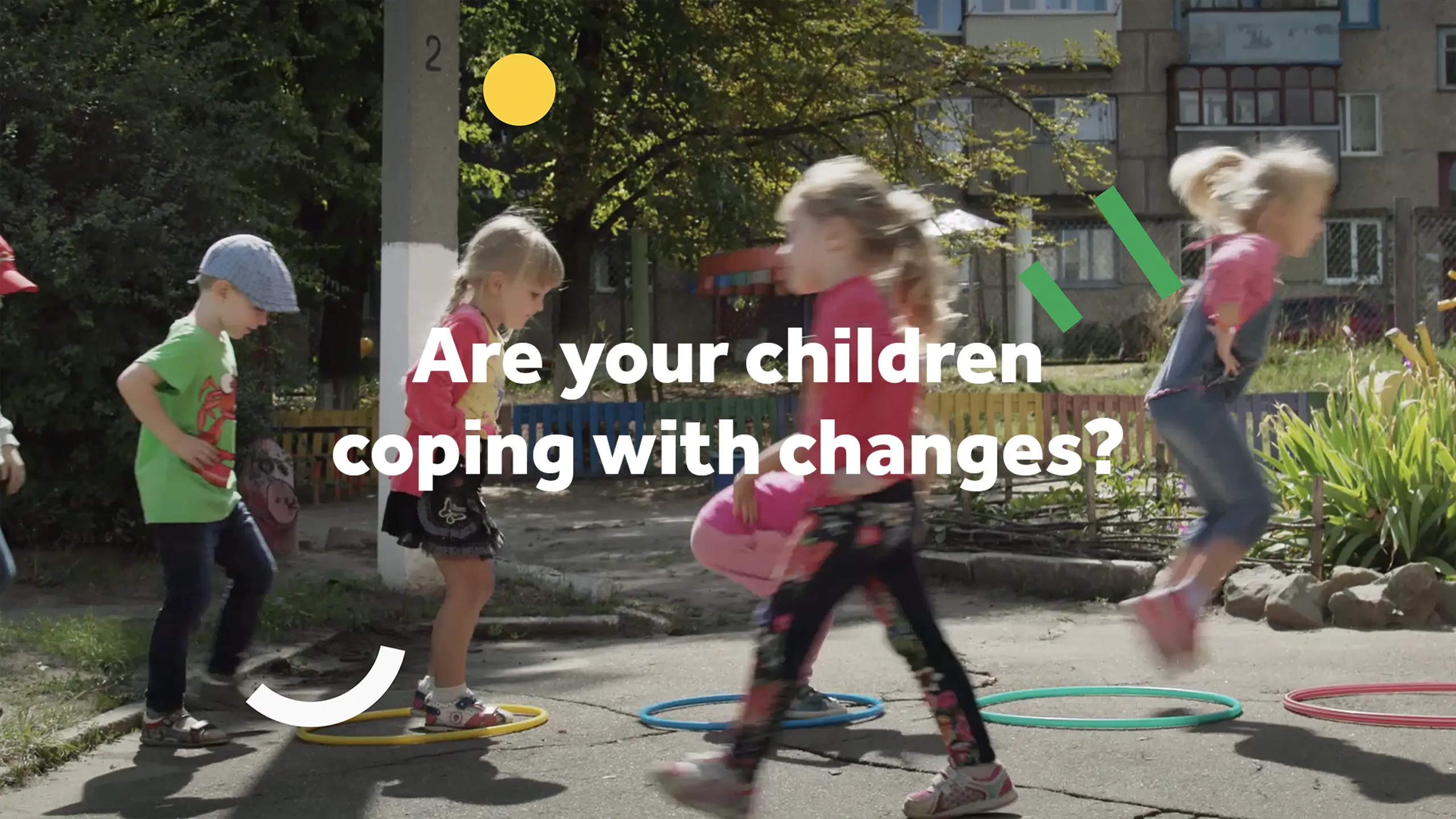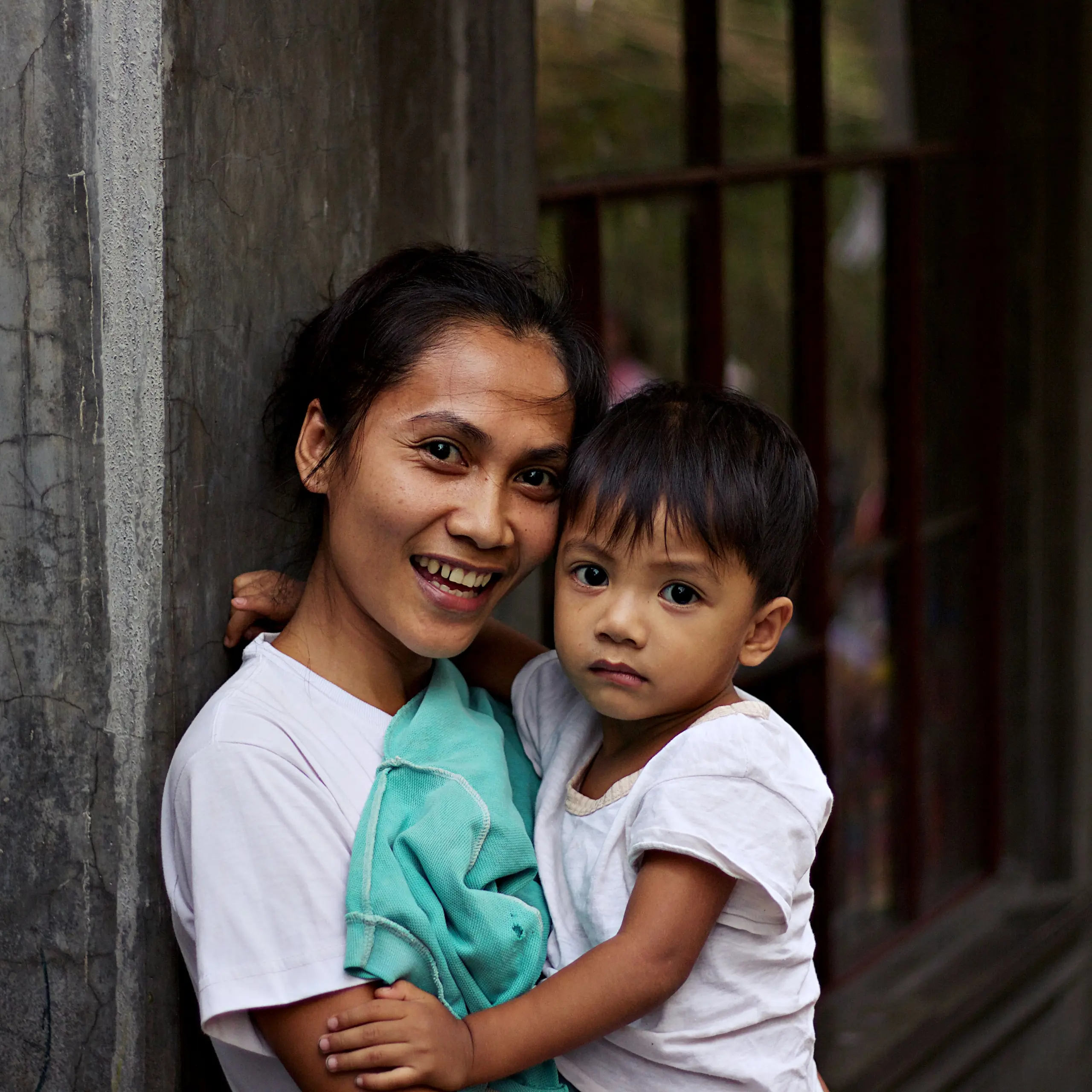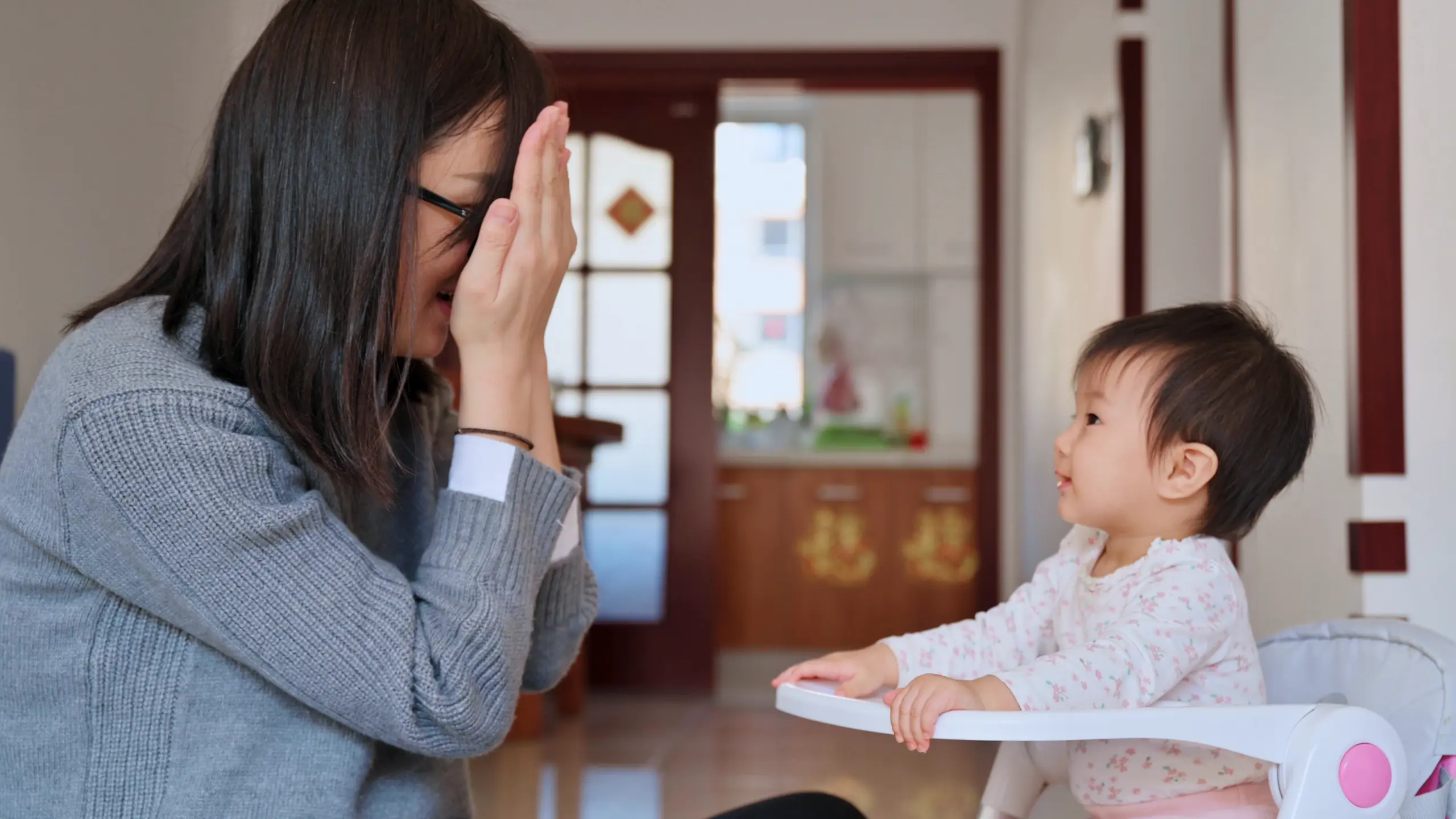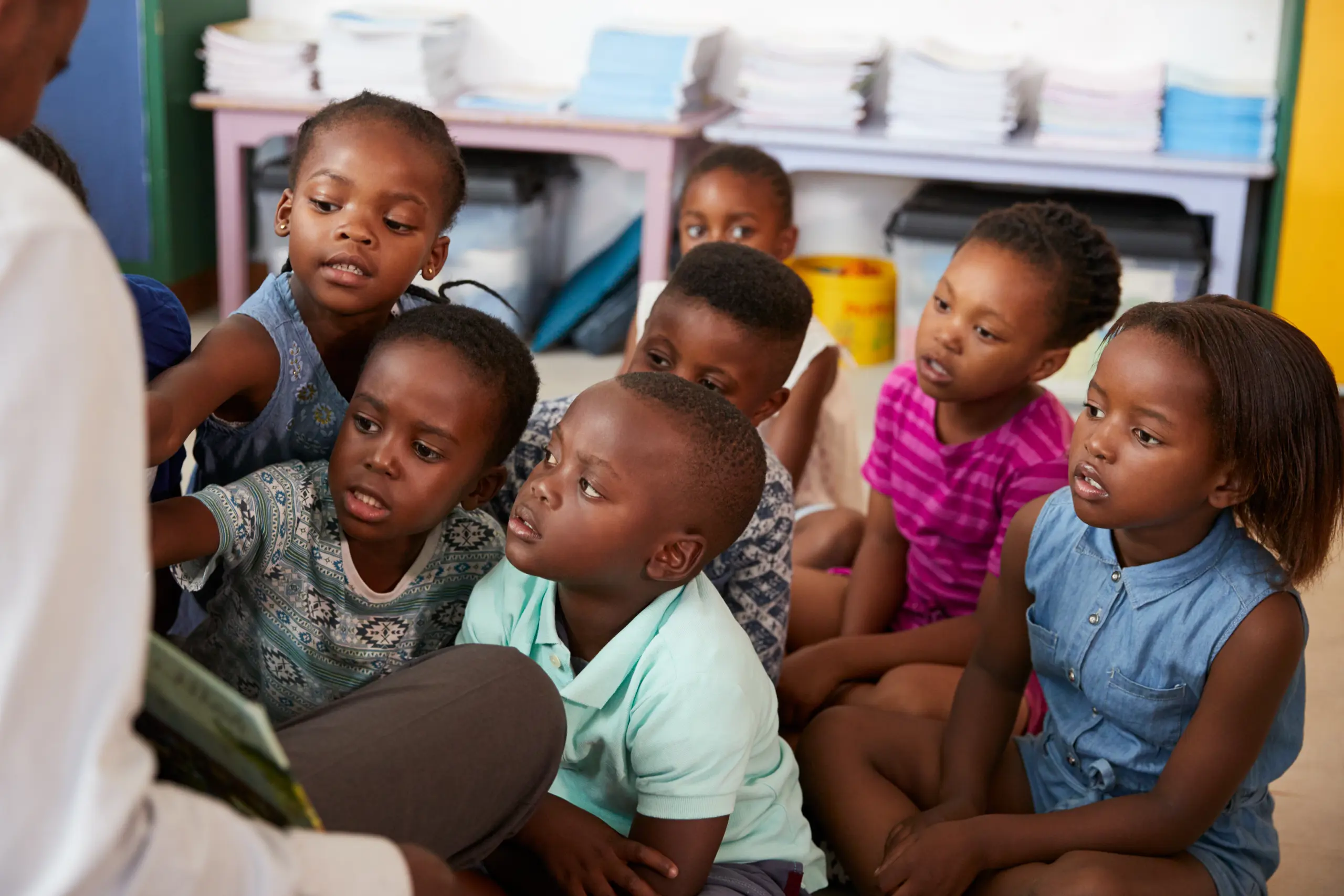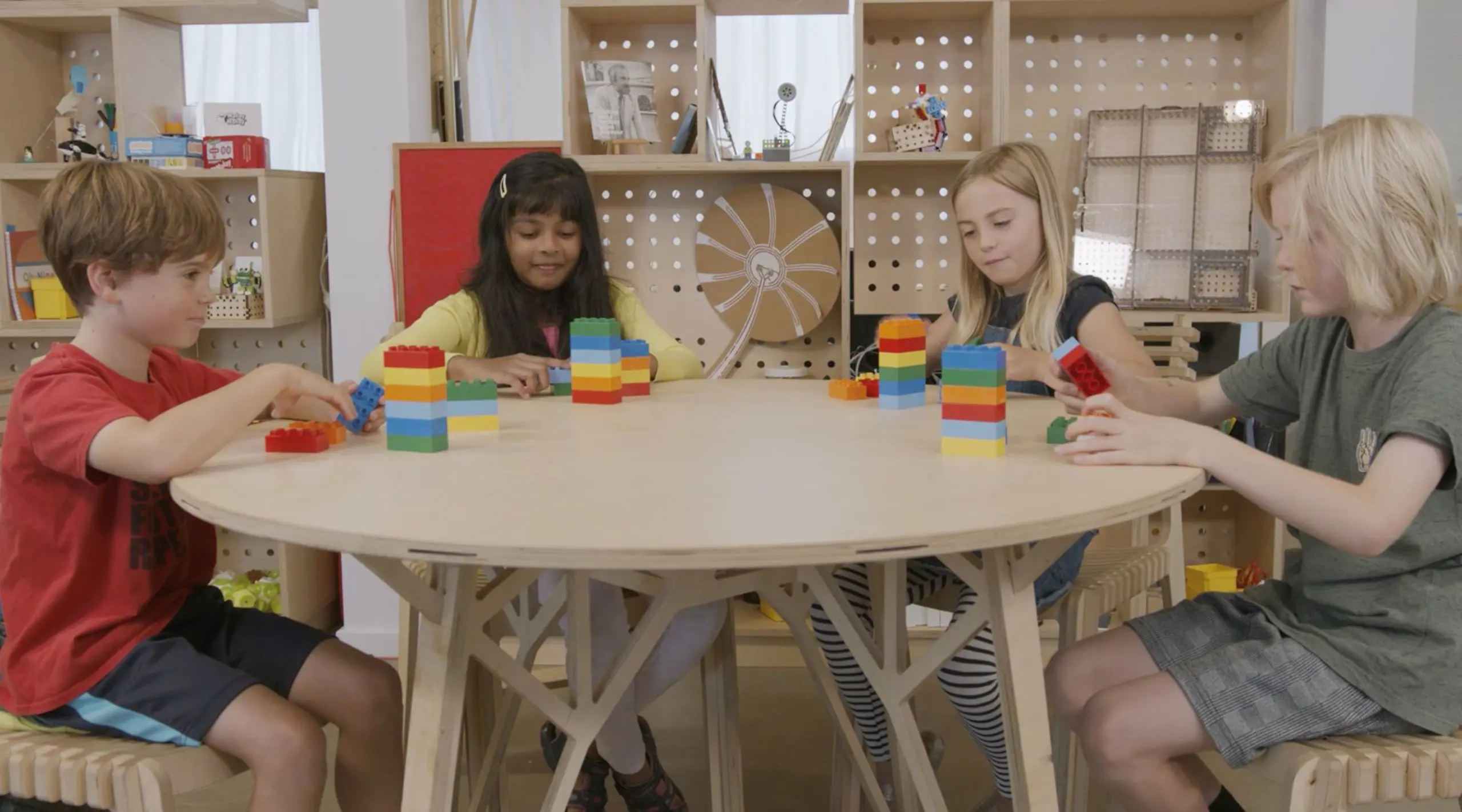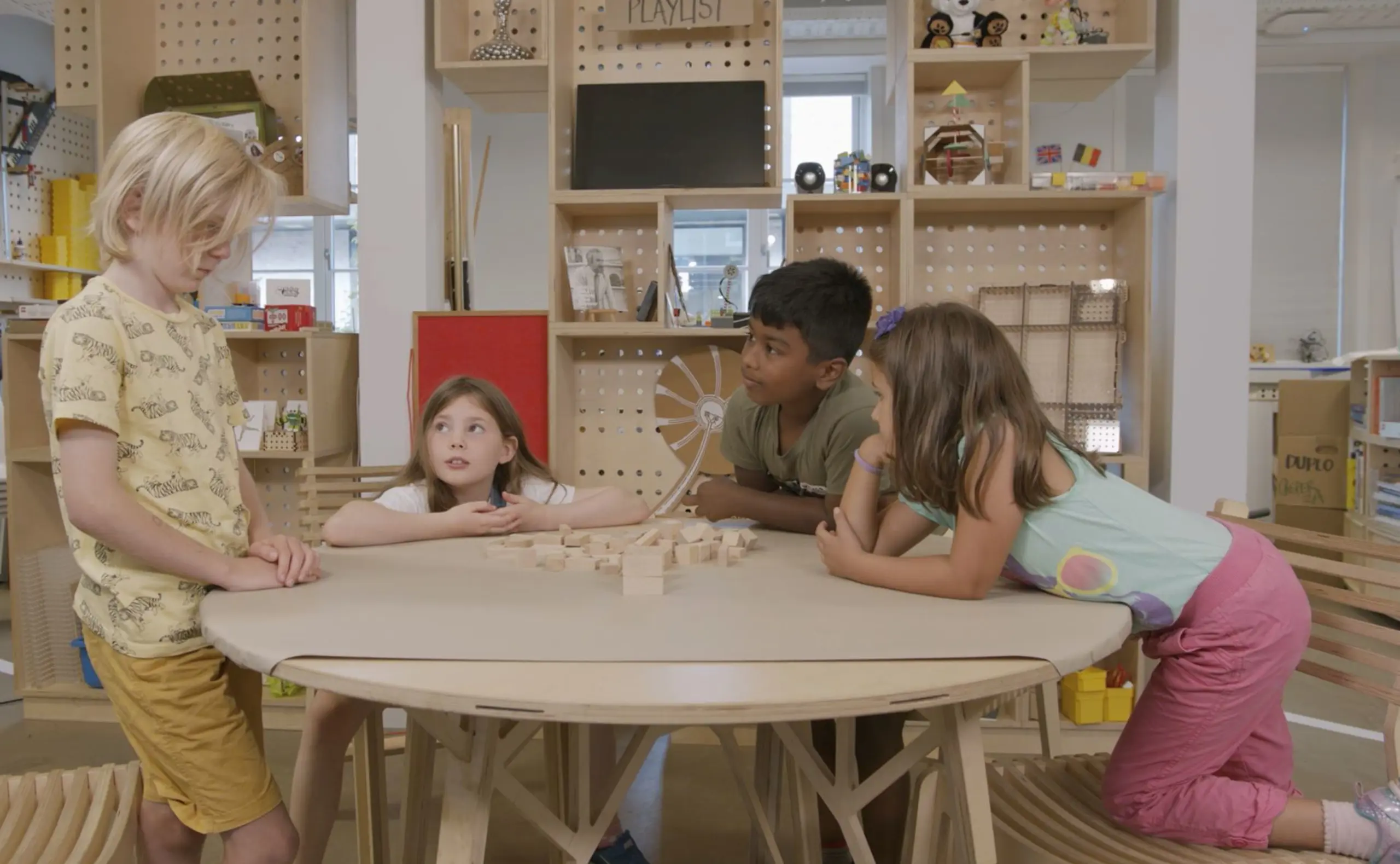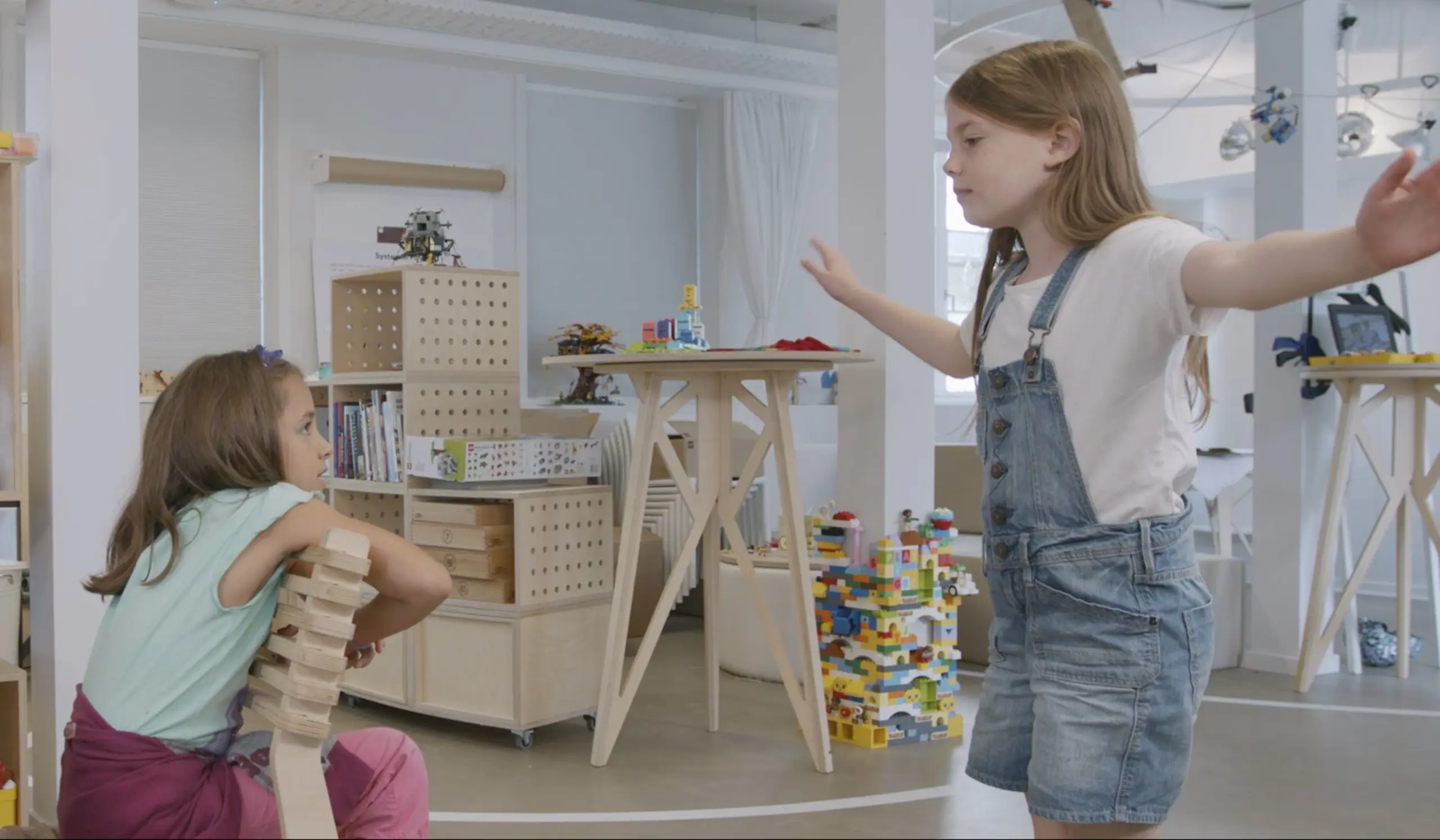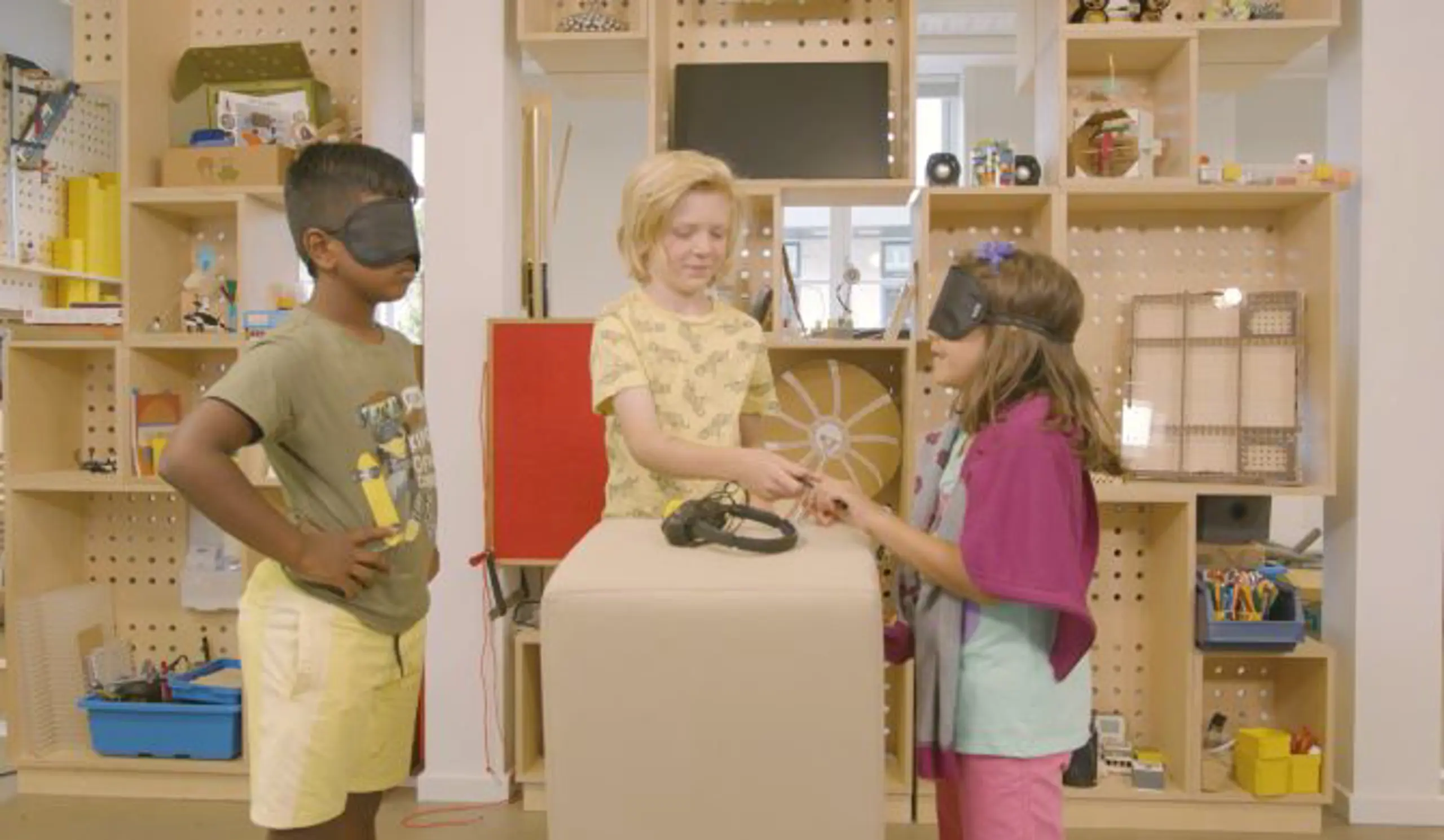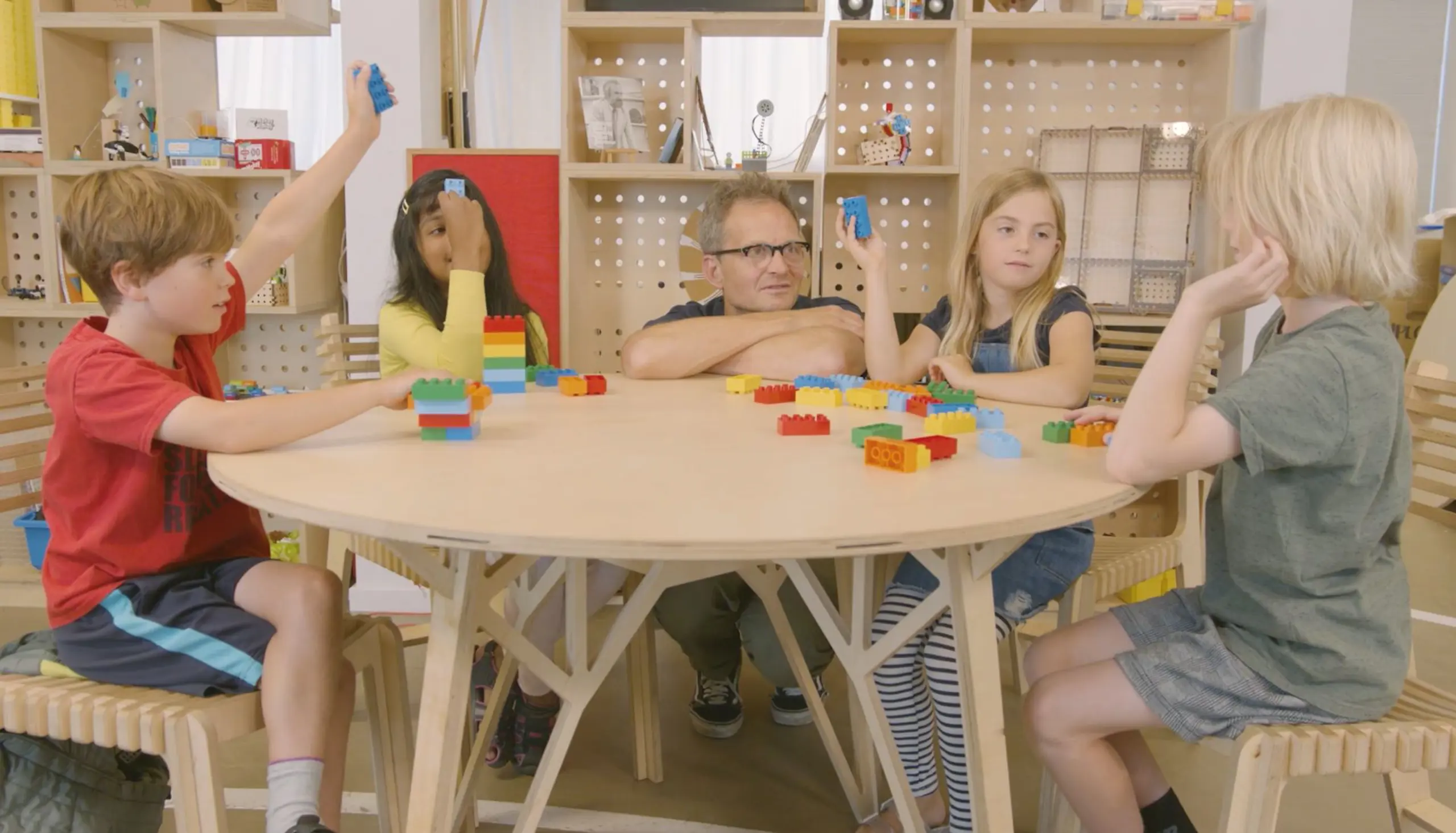Play can help children (and grown-ups) handle life’s toughest moments. Delve into our latest paper to get all the details
Children face lots of big scary moments growing up
A little bit of stress is usually a good thing – like the nervous exhilaration of the first day of school. Especially when children know they can turn to people who love them for help.
But for some children, the stress they face is far bigger. They might have a serious illness, putting them in and out of hospital. They could have lost a parent when they were young. Or the people who should be caring for them aren’t – perhaps because they’ve succumbed to too much stress themselves.
Stress like that is often called ‘toxic stress.’ A quick hug can’t fix it. And the longer it lasts, the more it wears down any child’s natural resilience.
Luckily, even when stress turns toxic, there’s a way to help children through it: play.
In our paper, Learning to Cope Through Play, we share stories of children and families in life’s harshest settings who’ve played together through it all – and gone on to be happier, healthier and closer to each other.

